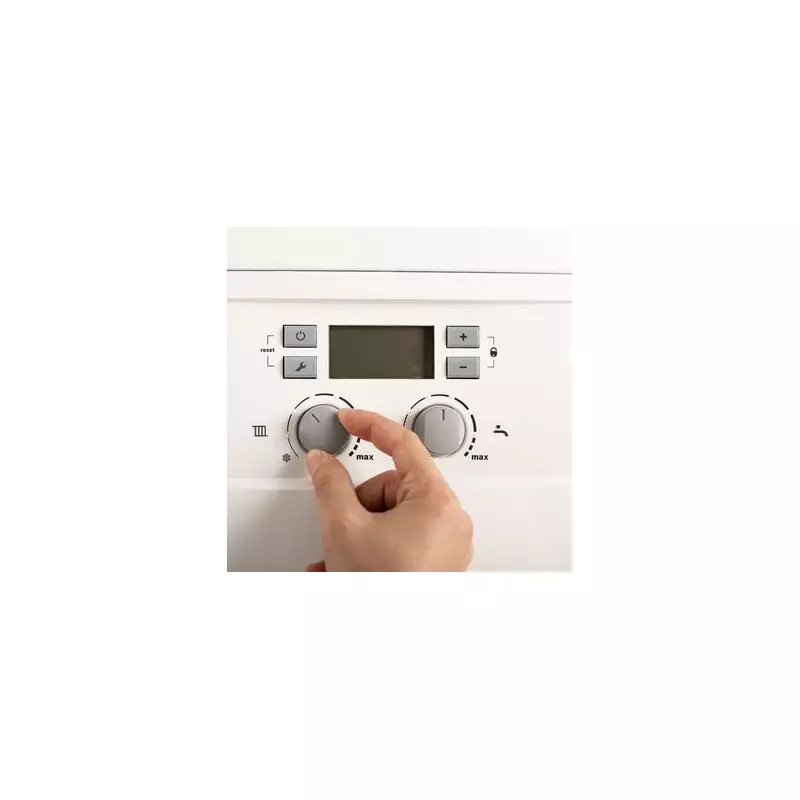
Millions of households across Britain could be throwing away £65 each year simply by overlooking a basic radiator setting, according to shocking new revelations from Octopus Energy.
The Heating Hack You've Been Overlooking
While households desperately search for ways to cut soaring energy costs, the solution might have been hiding in plain sight all along. Octopus Energy experts have identified that adjusting your radiator's thermostatic valve could be the key to significant savings.
What Exactly Are You Doing Wrong?
Most radiators feature numbered dials ranging from 1 to 5, but many homeowners misunderstand their proper function. Setting these valves correctly isn't just about comfort - it's about preventing energy waste that silently drains your wallet.
The Magic Numbers Explained
Energy specialists clarify that each number corresponds to a specific temperature threshold. The crucial finding? Most homes have radiators set higher than necessary, heating rooms to uncomfortable levels while burning through cash.
Step-by-Step Savings Guide
Here's how to transform your heating efficiency today:
- Identify all thermostatic radiator valves in your home
- Adjust settings based on room usage - lower in rarely used spaces
- Aim for setting 3 in living areas for optimal balance
- Reduce to setting 2 in bedrooms for comfortable sleeping temperatures
- Consider turning off radiators in unoccupied rooms completely
Why This Simple Change Delivers Big Results
When radiators operate above necessary temperatures, they continuously consume energy without providing additional benefit. By fine-tuning these settings, households maintain comfort while eliminating wasteful overheating.
An Octopus Energy spokesperson emphasised: "This isn't about sacrificing warmth - it's about intelligent heating management. Most families can achieve substantial savings without noticing any difference in comfort."
Beyond Radiators: Additional Winter Savings
While radiator optimization provides immediate benefits, energy experts recommend combining this approach with other efficiency measures:
- Regular boiler maintenance checks
- Strategic use of timer settings
- Draught-proofing windows and doors
- Furniture rearrangement to avoid blocking heat sources
With energy prices remaining historically high, these practical adjustments offer genuine relief for households struggling with winter bills. The £65 potential saving represents meaningful money that could be better spent elsewhere during the cost-of-living squeeze.
As temperatures drop across the UK, implementing these changes could provide both financial and environmental benefits, reducing carbon footprints while keeping homes comfortably warm.





